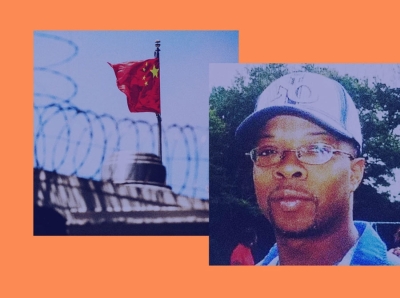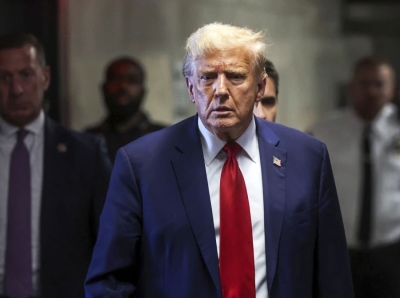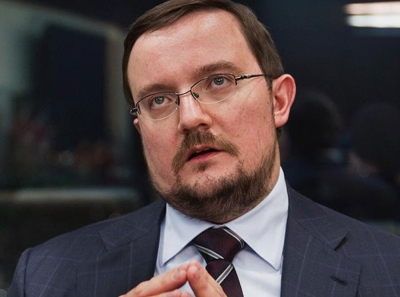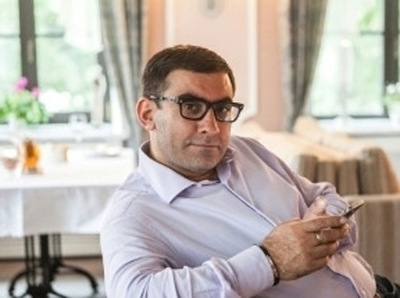Wilders’ victory: where is Europe heading?
Following the victory of right-wing populist Geert Wilders and his PVV in the Dutch election it is still not clear who will form the new Dutch government. But Europe’s press already sees the right-wing populist’s success as part of a wider trend which, among other things, will also impact next year’s European elections. What this means for democracy and the EU is the subject of heated debate.
Facing the witching hour
The victory of the right-wing populists in the Netherlands weighs particularly heavily, the Tages-Anzeiger writes in concern:
“The zeitgeist is shifting to the right. ... Just how right-wing we saw this week in Holland, where the Islam critic and Ukraine-sceptic Geert Wilders achieved nothing short of a world-shaking result in the parliamentary elections. ... World-shaking because Holland is not Hungary or Poland, nor Argentina or Trump’s America, but Holland — a western, supposedly tolerant, and above all EU-European country. ... If the scary right can win in such a country, if that can happen in Holland, then we are facing the witching hour.”
European values in danger
The situation in Brussels is becoming very shaky indeed, says Naftemporiki:
“The Europe-wide shift to the right will undoubtedly have an impact on the European elections, from which a different parliament will emerge. And the balance of power in the new parliament will determine the composition of the Commission. ... The question that is already being asked with concern in Brussels is whether the traditional coexistence of Christian Democrats and Social Democrats, which also determines the composition of the European Commission, will give way to another partnership — between the centre-right and the far right. A shift that would potentially lead to the undermining of environmental policy, EU enlargement, immigration and, of course, European freedoms and values.”
Populists not good at staying in power
The trend speaks against Wilders’ success, Le Figaro is sure:
“Despite Trump’s defeat, Boris Johnson’s expulsion and the PiS’s failure in Poland, Geert Wilders’ victory proves once again that the wave of populism fuelled by a dual economic and migration crisis is not abating and is becoming part of a permanent reshaping of the political landscape. ... However, the transition from electoral populism to government populism remains a complex equation: with the exception of Viktor Orbán, populists have so far failed when it comes to governing in the long term. ... The future of Geert Wilders depends on his ability to form a government and a majority that reaches beyond his voter base but does not betray it.”
The EU will withstand attacks
The EU’s institutions are capable of withstanding pressure from populists, writes blogger and journalist Yuri Bohdanov in a Telegram post published by Espreso:
“The European system is not based on personalities or emotions, but on institutions and procedures. These are sometimes slow and very cautious due to internal security precautions, but they are stable and have proven their worth. So yes, Xi, Putin and other populists with authoritarian tendencies (Orbán, Trump, Wilders, Fico, the PiS) may attack the institutions of the EU. But it is not very likely that they will succeed in breaking them. Although they will make everyone nervous. In fact, they are already doing so.”
Reform rather than exit
Many EU-sceptical or even anti-EU parties such as the PVV no longer want to leave the EU, Telegram notes:
“The right also wants a reform of the European Union — a ‘new Europe’ — but not necessarily the kind that is being discussed among the governments of the member states. They want a looser confederation of states, the primacy of national law over that of the EU, complete control over migration and asylum, the devolution of power from Brussels to the nation states. ... So it is no longer a question of leaving the EU, but of transforming it into an organisation based on completely different principles than those that have prevailed so far. Wilders could be an important ally in this process.”









